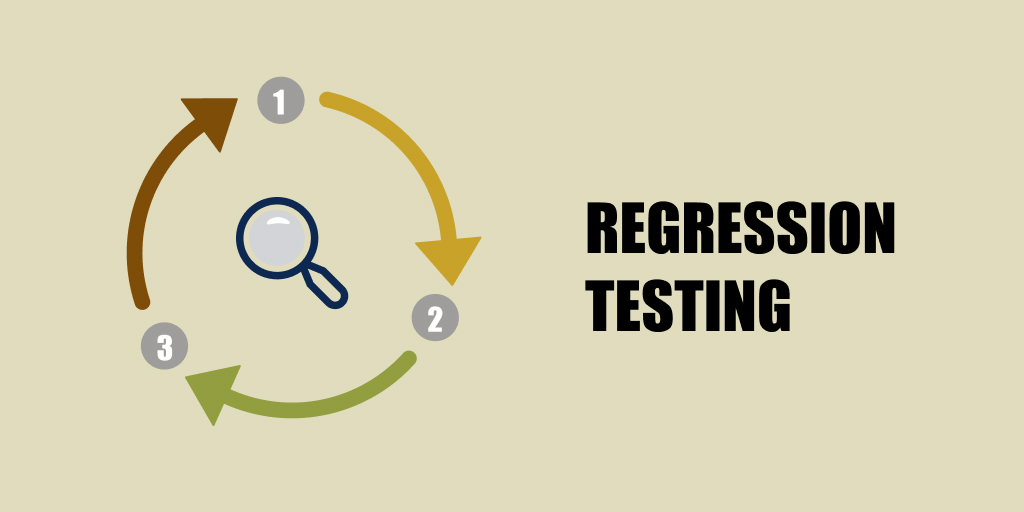Often underrated in the software quality assurance (QA) domain, regression testing holds significant potential for enhancing product quality far beyond common expectations.
Its primary goal is to confirm the successful resolution of issues by a code modification. Another perspective, however, views regression tests as a means to ensure that updates aimed at rectifying specific defects do not adversely affect other system operations.
Such verification tests are developed and archived alongside code updates in the version control system, guaranteeing their execution during the assembly of a new system release.
These tests are organized into suites, serving as tools to assess the efficacy of corrections in subsequent releases, whether for introducing new functionalities or fixing bugs. Additionally, they are incorporated into automated testing frameworks to ensure system integrity with each new release produced by the code management system.
Key Insights into Regression Testing
Regression testing encompasses several nuanced aspects that, when properly leveraged, can significantly amplify its value and effectiveness within the software QA process.
1. Managing Defects Through Testing
Regression tests often originate from bug reports within a defect tracking system, providing detailed steps to reproduce the error-caused behaviors. These instructions facilitate the creation of tests that not only replicate but also verify the non-recurrence of the issue, forming a comprehensive approach to defect management.
2. Comprehensive Symptom Exploration
Transforming replication instructions into regression tests offers an opportunity to identify and assess additional symptoms and related issues. This process can uncover hidden defects and their side effects, enhancing the test's ability to safeguard against unintended consequences in future updates.
3. Emphasizing Test Documentation
Regression tests require detailed documentation to serve as a communication bridge between QA and development teams. This documentation, which includes the test's purpose, execution, and verification procedures, becomes an invaluable asset for managing and tracking the defect resolution process.
4. Adhering to Testing Structures
Automated regression testing, while not a cure-all, plays a crucial role in efficient and thorough QA processes. By designing tests to align with the preferred automation frameworks and criteria, teams can ensure the reusability and effectiveness of regression test suites in maintaining system reliability.
Regression Testing: An Essential Component of Software QA
Regression testing illuminates the path for defect correction and, when executed correctly, reinforces both code development and the verification of system functionality.
For further insights into integrating regression testing into your QA process, contact us for more information.
